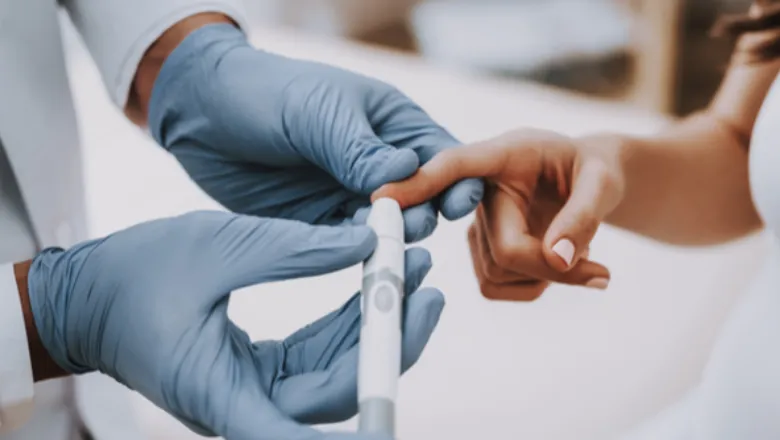Automated insulin delivery systems have, for the first time, been tested for people with type-one diabetes and end-stage kidney disease on haemodialysis showing improvements in managing their blood glucose.

Automated insulin delivery systems have, for the first time, been tested for people with type-one diabetes and end-stage kidney disease. The results found that they were safe and able to offer improvements in managing the patient's blood glucose.
An automated insulin delivery system (also known as an 'artificial pancreas') consists of an insulin pump and a continuous glucose monitoring (CGM) system with a control algorithm that works together to automatically delivery the appropriate amount of insulin dependent on the level of glucose.
This technology has been proven to improve blood sugar levels and quality-of-life for people living with diabetes. However, using such technology can be challenging for some people, such as those living with end-stage kidney disease (ESKD) that requires them to be on haemodialysis.
This is due to the impact from the disease and the kidney replacement therapy, which causes problems for the body in clearing insulin and also affects glucose levels.
Despite these associated risks, there is very little understanding of whether automated insulin delivery is safe and effective for people with type 1 diabetes and ESKD. For the first time, a new study led by Dr Janaka Karalliedde and his colleagues at Guy's and St Thomas hospital tested this with four people living with type 1 diabetes on haemodialysis for ESKD.
Follow-ups after four and a half months with the patients found there were significant improvements in important metrics for glucose control and the technology was able to be safely used.
Published online in advance in Diabetes Research and Clinical Practice, results showed that patients spent significantly more time in their target range of glucose levels in the blood, and a reduced amount of time spent over this target. They also showed a reduced average blood glucose, daily insulin dose, and better glucose management indicator scores - though these were not considered statistically significant.
Current research on people living with diabetes and ESKD has almost solely focused on type 2 diabetes, leaving a significant gap in our understanding of how effective and safe it is to use automated insulin delivery devices with type 1 diabetes.
Among people living with type 1 diabetes, those who also have ESKD experience the highest rates of hospitalisation and A&E visits for blood sugar level emergencies. These factors have meant that previous studies and algorithm development for automated insulin delivery haven't accounted for the experiences of such people, or other high-risk group for people with diabetes.
These initial results are promising and highlights the urgent need for more studies of diabetes technology in people with kidney failure who are often not included in this area of research. We hope this study can be the first step towards conducting studies that use larger, real-world data that can help us better identify how to use automated insulin delivery systems to support people living with both type 1 diabetes and ESKD."
Dr Janaka Karalliedde, Clinical Reader in Diabetes and Cardiovascular Disease







